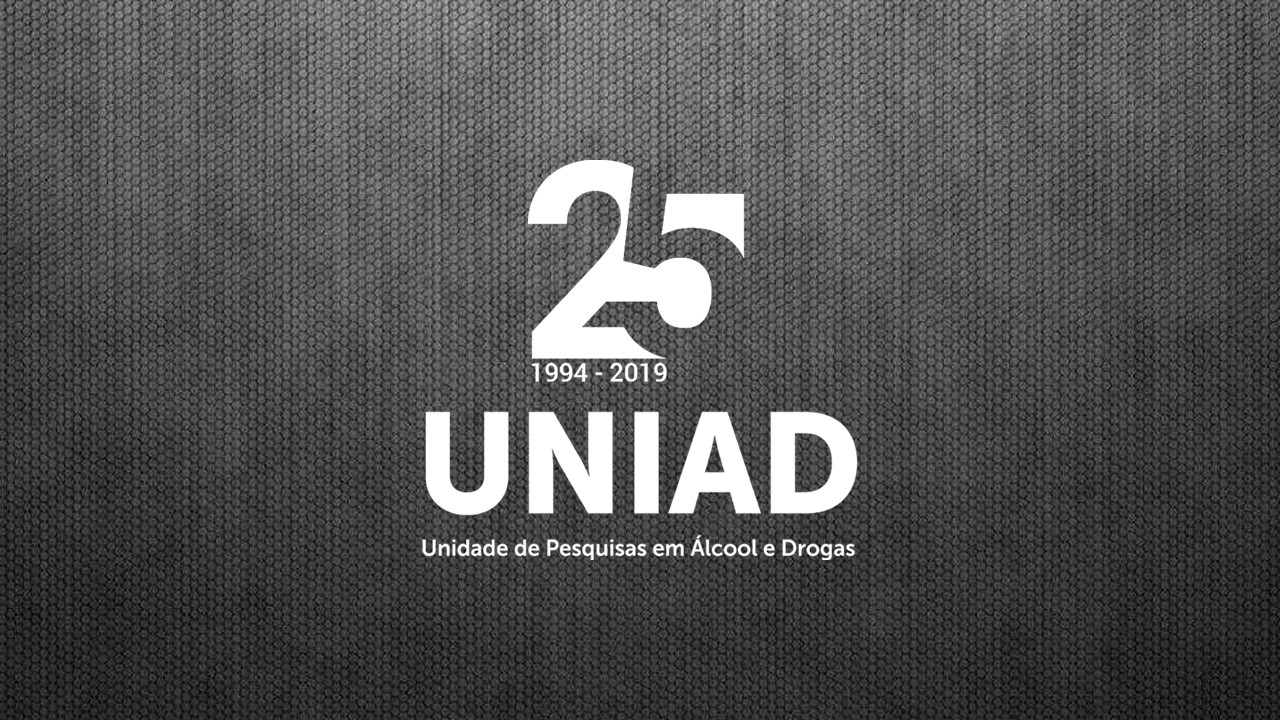Public Health and Safety Consequences of Liberalizing Drug Laws

Cannabis has been legalized for non-medical purposes in Canada, Uruguay, eleven U.S. states and Washington DC, with others likely to follow. The world’s first large corporate cannabis producers and retailers are operating in Canada and the United States — with the potential for continued expansions in scale and efficiency in the case of national legalization in the United States. This accelerated rate of policy change prompts novel topics of cannabis policy research, including evaluating past policy changes and identifying feasible policy responses for contemporary or anticipated issues.
This dissertation includes four papers. Three concern issues related to cannabis, with the last investigating a related issue (intoxicated driving) manifesting in alcohol policy. The first chapter identifies U.S. national-level patterns of cannabis acquisition and use and from 2002 to 2013, roughly the decade of policy liberalization that preceded the first non-medical cannabis regimes. The second chapter investigates a surprising fifteen-year trend in self-report of cannabis use disorder symptoms among daily/near-daily cannabis users, who disproportionately bear many of the consequences of cannabis use. The third chapter analyzes Washington State’s recreational cannabis traceability dataset (July 2014-October 2017), documenting emerging trends, e.g. declining prices, cannabinoid profiles, and product forms. The final chapter evaluates an intervention relating to reducing alcohol-involved crashes, some lessons of which can be carried over to analogous questions with cannabis-involved crashes. That study evaluated Uruguay’s zero blood-alcohol-concentration (BAC) law, exploiting a novel synthetic controls method to estimate reductions in severe and fatal injury crashes, using Chile as a control.


